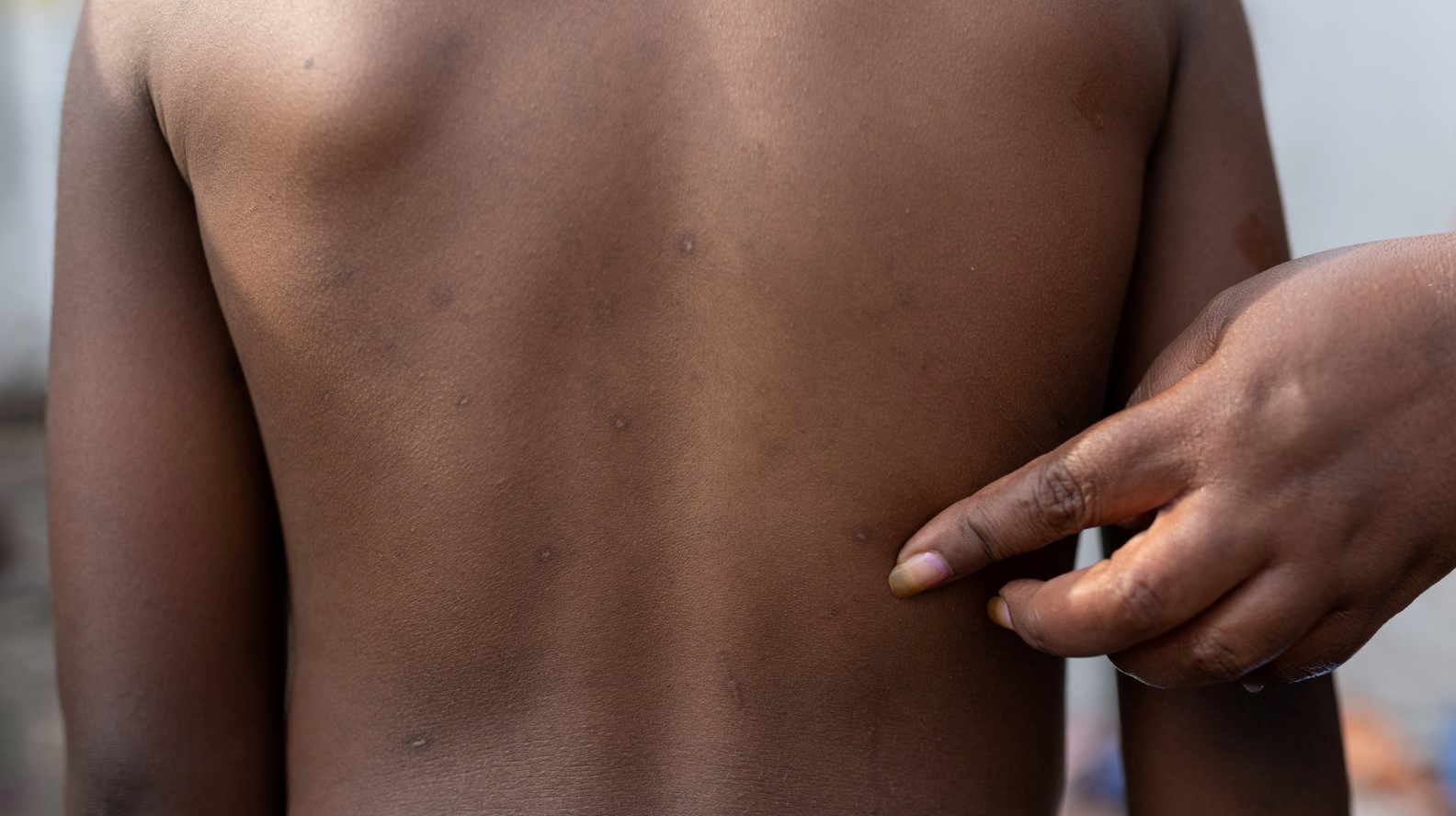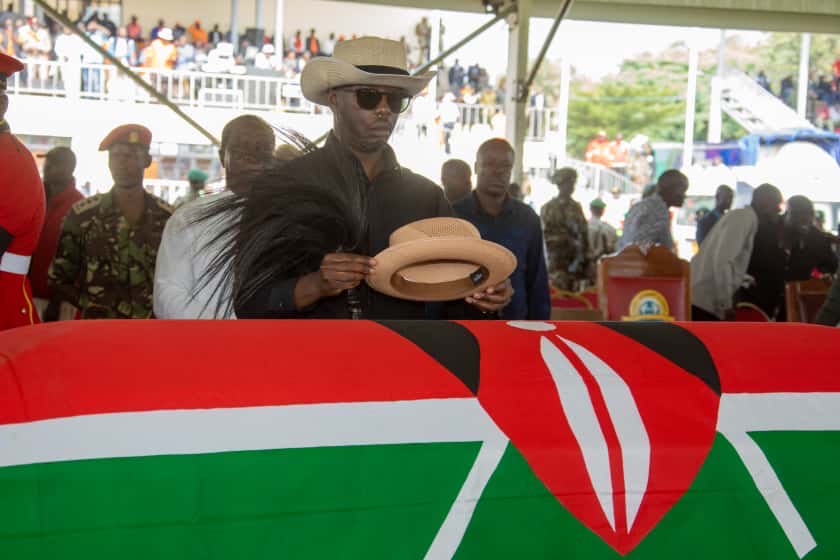Health ministry launches contact tracing after first Mpox case detected at Taita Taveta border

The Ministry of Health has disseminated guidelines on the information to be collected at the border.
The Ministry of Health has initiated contact tracing to isolate individuals who may have come into contact with the country's first Monkeypox case, reported on Monday at the Taita Taveta border.
The case involved an individual who travelled from Uganda to Rwanda via Kenya.
More To Read
- Mpox cases in Africa surpass 190,000, deaths near 2,000: Africa CDC
- Mpox deaths near 2,000 in Africa since 2024 amid recent decline in cases: Africa CDC
- Health authorities launch 10-day mpox vaccination drive at Malaba border
- Africa: A tentative start in mass vaccine production
- Mpox outbreak: What you need to know to stay safe
- Rising mpox cases, cholera outbreaks and HIV misinformation straining Kenya's public health sector- report
“We were able to provide advisory information regarding the patient detected at the Taita Taveta border and have isolated this individual following testing. However, we are still in the process of confirming the number of people who were in contact with them,” she said.
On Thursday, Principal Secretary Mary Muthoni stated that the ministry has not yet identified all individuals who had contact with the infected person and that a team has been deployed to Taita Taveta for contact tracing. In addition, the Ministry of Health has disseminated guidelines on the information to be collected at the border.
“We have sent our health teams to Taita Taveta for response, and we are conducting contact tracing and enhanced surveillance,” she noted.
The PS highlighted that the identification of this case is the effectiveness of enhanced border surveillance, noting that "our port health officers at all 32 entry points are well-trained and equipped to monitor any potential outbreaks at the border level.
“The ministry is committed to containing any outbreak and is working closely with county and other state agencies to address the situation effectively. The quarantine process will continue for any individuals detected to prevent the spread of the disease,” Muthoini added.
On Monday, the Ministry of Health released guidelines for diagnosing Mpox, which involves laboratory tests on skin lesions conducted at the National Public Health Laboratory and other specialized facilities.
Although Mpox usually resolves on its own within 2-4 weeks, symptomatic treatment may be administered if needed, and complex cases should be handled by healthcare professionals. Symptoms of Mpox can mimic those of other conditions, including chickenpox, measles, bacterial skin infections, scabies, and allergic reactions.
To prevent the spread of Mpox, the Ministry of Health advises the public to: Wash hands frequently with soap and water or use hand sanitiser, seek medical attention if symptoms develop, avoid close contact with others, and visit a health facility.
The East African Community (EAC) has recently issued an urgent alert to its member states, calling for enhanced public education on the prevention and control of Mpox (monkeypox), which has recently re-emerged in the region.
This alert follows alarming reports from the World Health Organisation (WHO) regarding outbreaks in Burundi and the Democratic Republic of the Congo (DRC).
From its Arusha headquarters, the EAC highlighted the seriousness of the situation, particularly in the DRC, where Mpox cases have significantly increased over the past two years.
As of July 28, 2024, there have been 14,250 Mpox cases (2,745 confirmed and 11,505 suspected) and 456 deaths (a case fatality rate of 3.2 per cent) reported across 10 member states: Burundi (8 cases; 0 deaths), Cameroon (35 cases; 2 deaths), Central African Republic (213 cases; 0 deaths), Congo (146 cases; 1 death), DRC (13,791 cases; 450 deaths), Ghana (4 cases; 0 deaths), Liberia (5 cases; 0 deaths), Nigeria (24 cases; deaths), Rwanda (2 cases; 0 deaths), and South Africa (22 cases; 3 deaths).
Top Stories Today











































